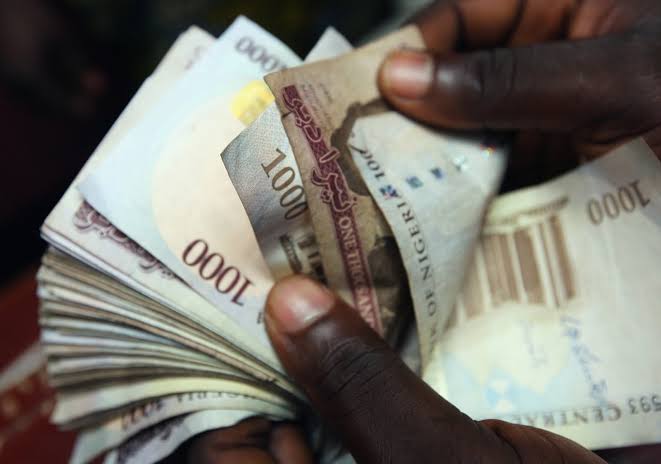At least 20 Nigerian States received grants totaling around N419 billion in the first half of 2024.
According to Saturday Punch, during this period, these states collectively spent N296 billion on wages and salaries, covering both public employees and political appointees.
The states included in this report are Yobe, Zamfara, Plateau, Ondo, Niger, Nasarawa, Kwara, Kogi, Kebbi, Katsina, Kano, Kaduna, Jigawa, Gombe, Borno, Bauchi, Adamawa, Osun, Enugu, and Abia.
These figures were derived from the budget implementation reports accessed via Open Nigerian States, a BudgIT-supported platform for budgetary data.
Kogi led in grants, receiving N61 billion, with a wage bill of N17 billion, followed by Yobe, which received N53 billion and spent N18.5 billion on salaries. Zamfara came next with a grant of N52.8 billion and a wage expense of N11.5 billion.
Other grant distributions were as follows: Plateau received N3 billion, Ondo N32.5 billion, Niger N35 billion, and Nasarawa N1.1 billion.
States like Kwara, Kebbi, and Kano received N5.3 billion, N6 billion, and N5.3 billion respectively, while Kaduna, Jigawa, and Gombe each received varying amounts, with wage bills that aligned with their grants.
Borno received N5.8 billion with a N9.4 billion wage expense, while Bauchi and Adamawa were granted N15 billion and N19 billion respectively, incurring wage costs of N10 billion and N9 billion. Osun and Abia, with wage bills of N18 billion and N8 billion, received N4.7 billion and N15.5 billion.
In 2023, combined state revenues amounted to N8.66 trillion, a 31.2% increase from the N6.6 trillion in 2022. BudgIT reported that approximately N5.4 trillion of this revenue came from the Federation Account Allocation Committee, boosted by the federal government’s currency and subsidy reforms.
Despite this revenue growth, 20 states acquired N446.29 billion in loans during the first half of 2024, with debt servicing consuming 80.7% of these states’ internally generated revenue.
States taking on new debt included Yobe, Plateau, Osun, Ondo, Niger, Nasarawa, and others. Lagos, however, did not incur new debt but allocated N22.7 billion for external debt repayment and N89.5 billion for internal debt obligations.


